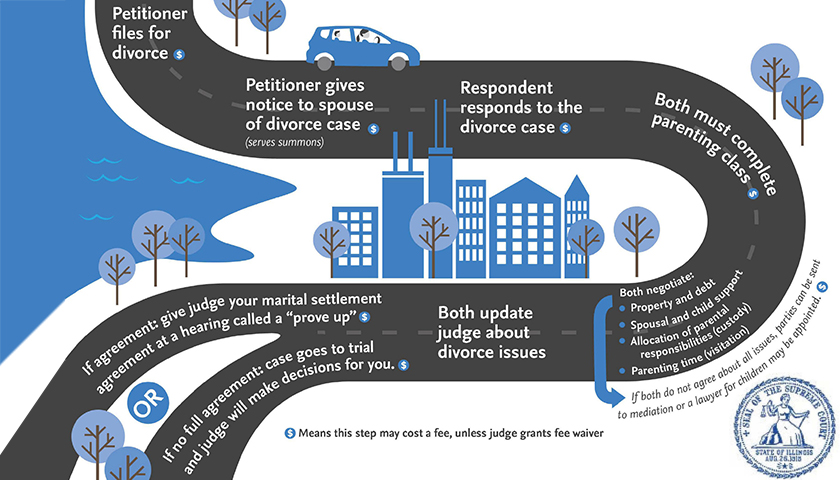There are a number of ways that taxes can be affected by a divorce, including (but not limited to):
Changes to tax filing status.
If a couple previously filed taxes under the “married filing jointly” option, their tax status will change after the finalization of a divorce. If an individual was legally married on December 31 of a tax year, he or she may still be entitled to file jointly for that tax year. For subsequent years, however, each of the ex-spouses will need to file as single or head of household, depending on which status applies.
As a result, if you were married at the end of a calendar year but have not yet filed your taxes with your spouse for such year, the filing of taxes for that year will need to be coordinated.
Taxes on spousal maintenance (also referred to as Alimony or Spousal Support).
Before January 1, 2019, an alimony-paying spouse was entitled to deduct spousal support payments on his or her federal taxes, and the recipient spouse was required to report the payments as taxable income. Effective January 1, 2019, new Illinois legislation became effective, eliminating the tax deduction for paying spouses and making the spousal maintenance tax-free to the recipient.[1]
Tax penalties for dividing retirement accounts.
Retirement accounts are typically categorized as marital property in Illinois, meaning they are subject to division in a divorce. In many cases, there can be significant early withdrawal penalties and tax ramifications if retirement assets are not correctly transferred, especially in the case of a 401(k). Thus, working with an experienced asset division attorney may be critical to minimizing losses after a divorce. For example, it is often possible to avoid penalties by securing a Qualified Domestic Relations Order (QDRO) that authorizes the transfer of funds to a spouse’s IRA.
Exemptions for Legal Fees.
Legal Fees paid to obtain a divorce are not deductible; however, there are certain exceptions, such as legal fees paid for tax advice in connection with a divorce.
As a tax and asset division attorney serving Rockford and the surrounding communities, I always strive to protect the financial interests of every client throughout the divorce process and beyond, helping to strategically address asset transfer and taxation issues in seeking to minimize or avoid penalties and expenses.
750 ILCS 5/504.






